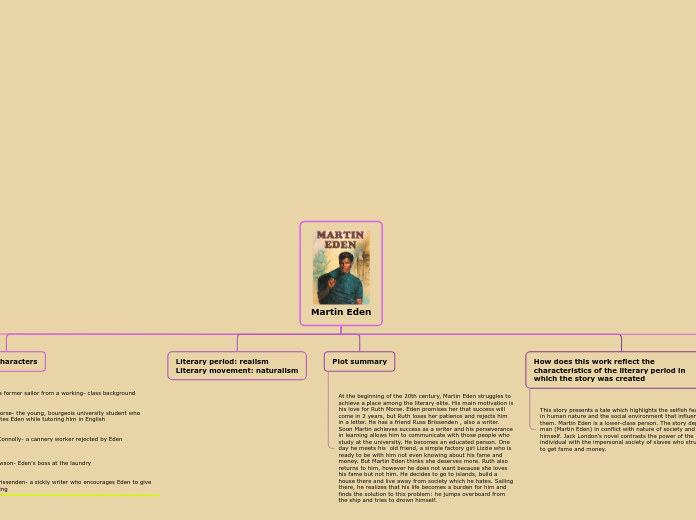によって Mia Del Turco 1か月前.
39
Essay Question: On page 76 of 'Mans Search for Meaning', Viktor Frankl quotes Nietzsche who says, "He who has a why to live for can bear with almost any how." Wha does this statement mean? Explain how Frankl was able to develop this insight from intial sh
Viktor Frankl's exploration of meaning in life is deeply influenced by his experiences in concentration camps during the Holocaust. Drawing from Friedrich Nietzsche's assertion that having a "









